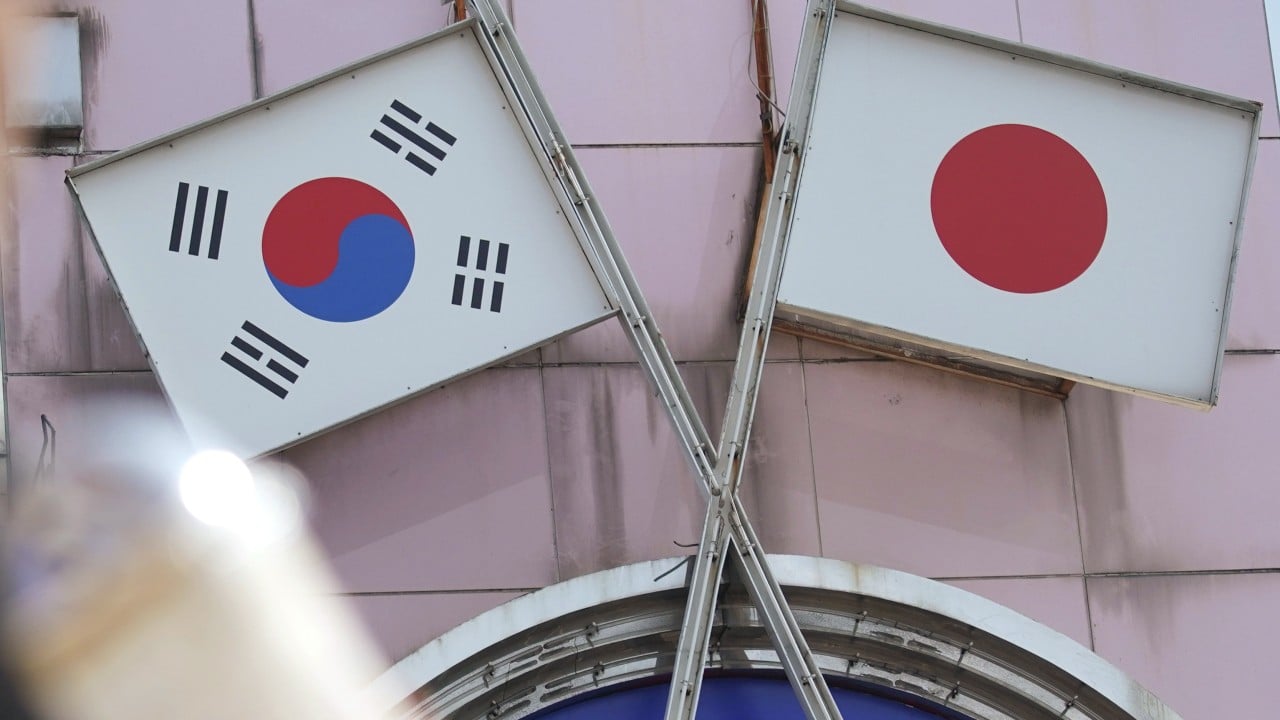South Korean President Lee Jae-myung is facing an early test of his pledge to pursue pragmatic ties with Japan after a court in Seoul ruled in favour of a former forced labourer’s suit against Mitsubishi Heavy Industries in a case that has reignited nationalistic sentiment.
Advertisement
The ruling by the Seoul Central District Court on Friday was one of several such cases targeting Japanese companies filed by South Korean workers since 2018 after the government of former president Yoon Suk-yeol initiated the creation of a compensation fund that these companies could voluntarily support.
Through the fund, Yoon had hoped to rebuild the bilateral relationship that plummeted under his predecessor Moon Jae-in, in part over the issue of compensation for former forced labourers and “comfort women” serving Japanese troops during Tokyo’s colonisation of the Korean peninsula from 1910 to 1945.
While analysts said Lee should distance himself from the court’s ruling, he was unlikely to avoid questions over his stance on the case and the compensation issue. Expressing full support for the victims of imperial Japan could complicate Seoul’s relations with Tokyo, while Lee being neutral on the issue could upset his domestic support base, according to the analysts.
Both countries had been “at loggerheads” since the 2018 ruling by the South Korean Supreme Court that granted victims or their descendants the right to seek compensation from Japanese firms through the courts, said Jeff Kingston, director of Asian Studies at Temple University in Tokyo.
Advertisement
“That ruling brought things to the boil between Moon and [then-Japanese Prime Minister] Shinzo Abe that quickly descended into a free-for-all of tit-for-tat actions and reactions by both sides,” Kingston told This Week in Asia. “Nothing came out of it except animosity.”

